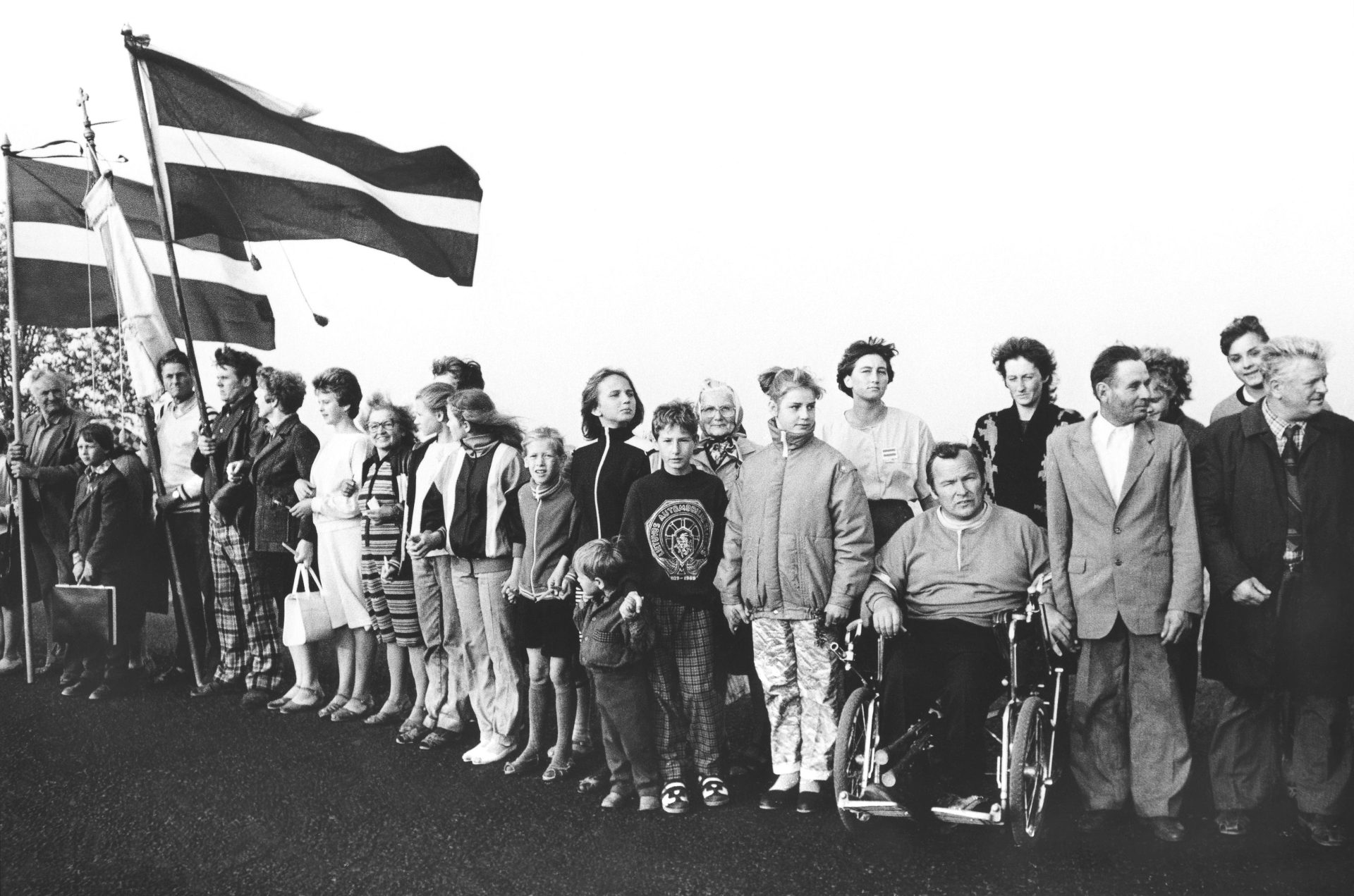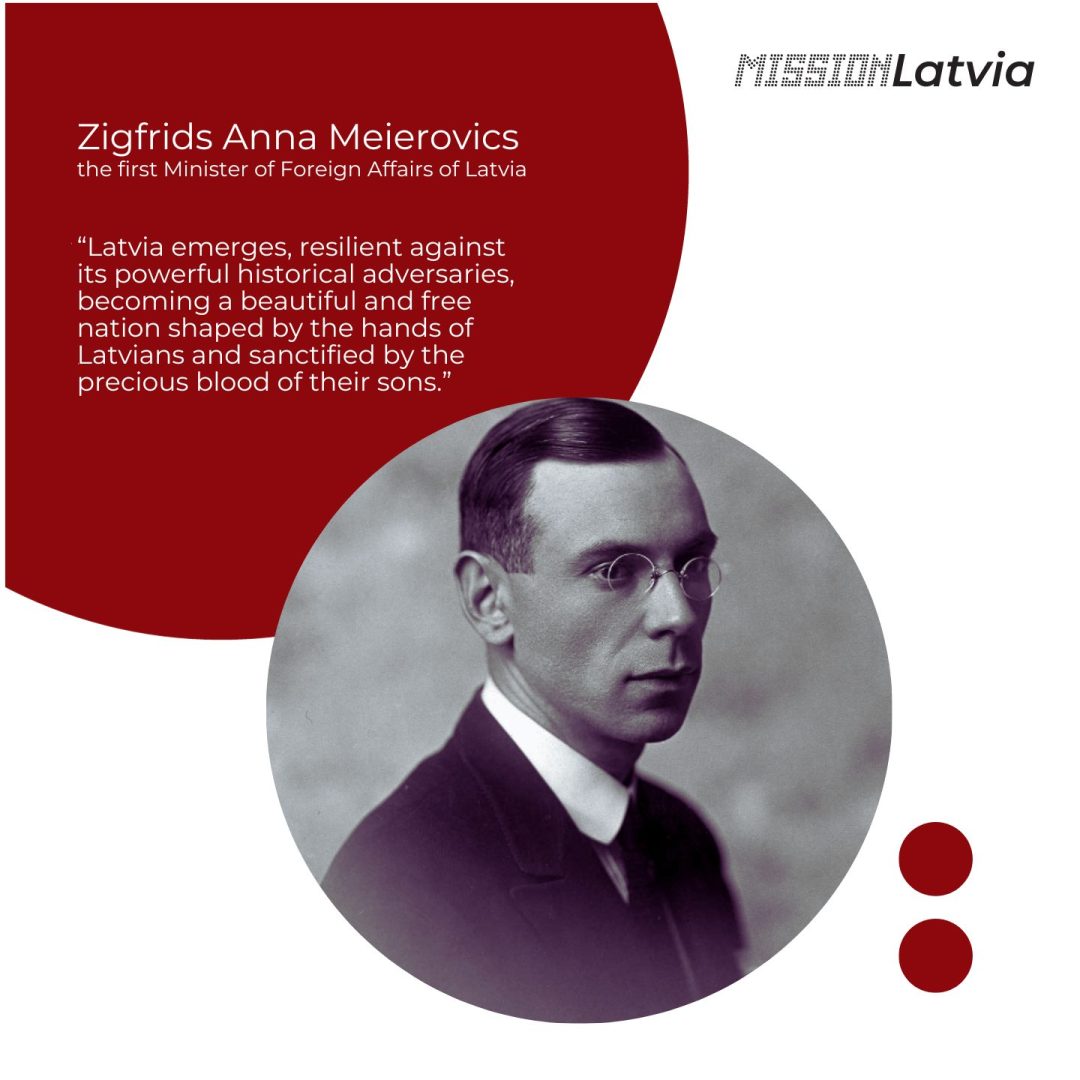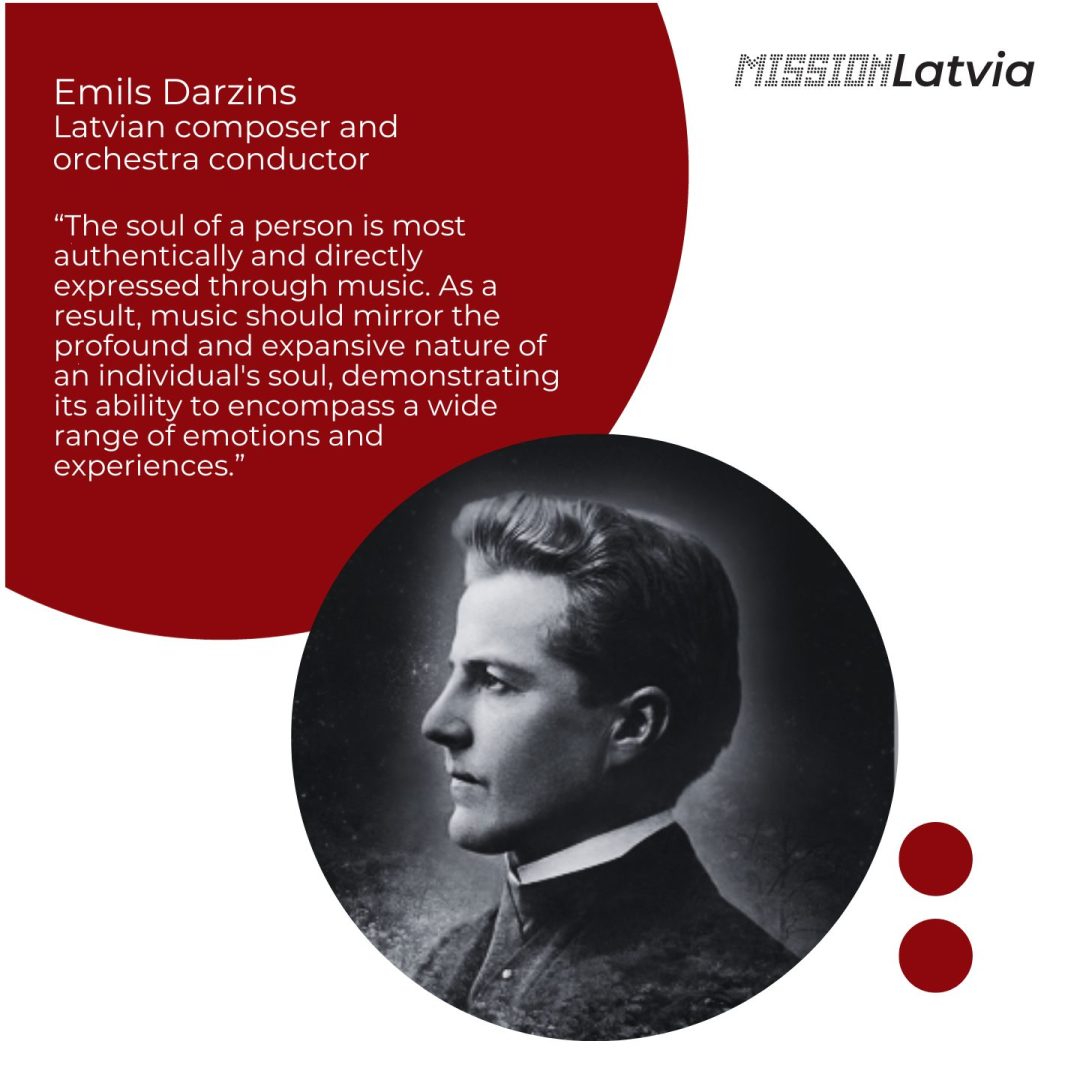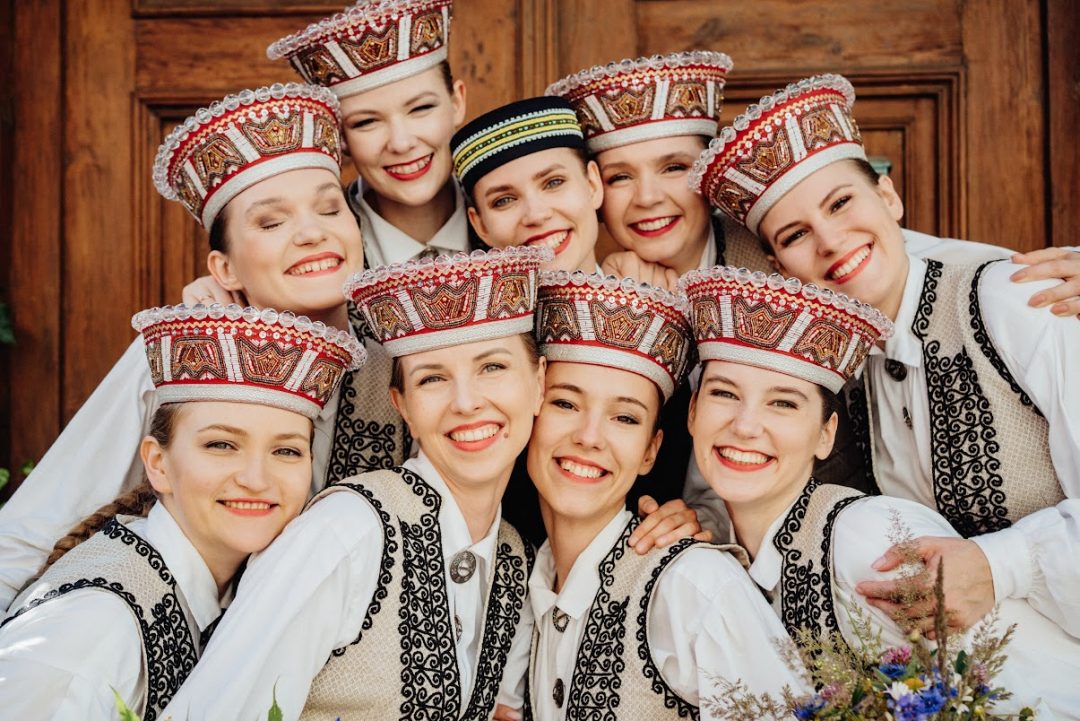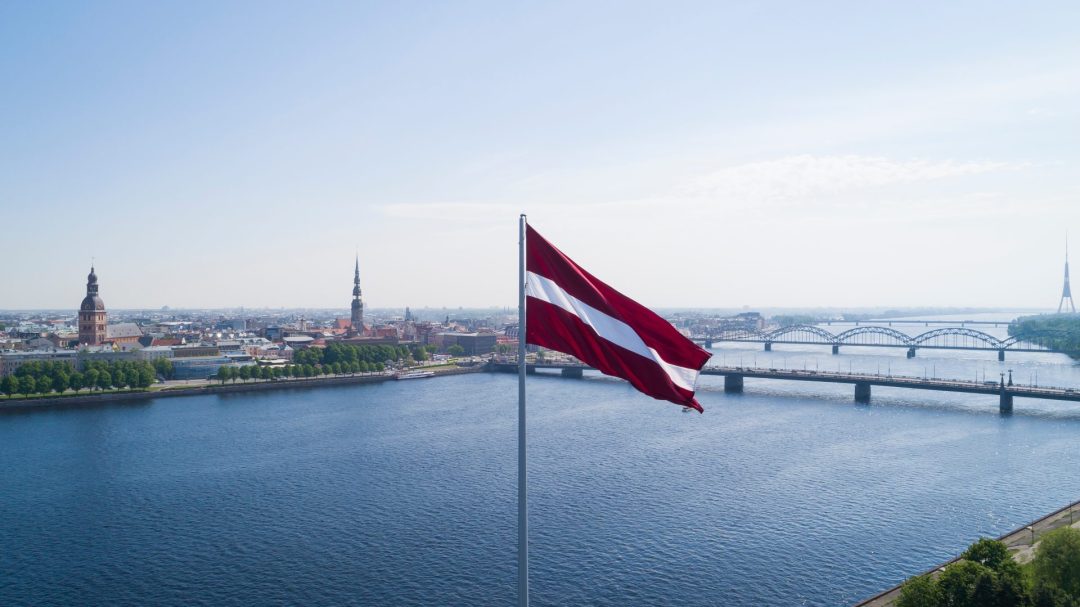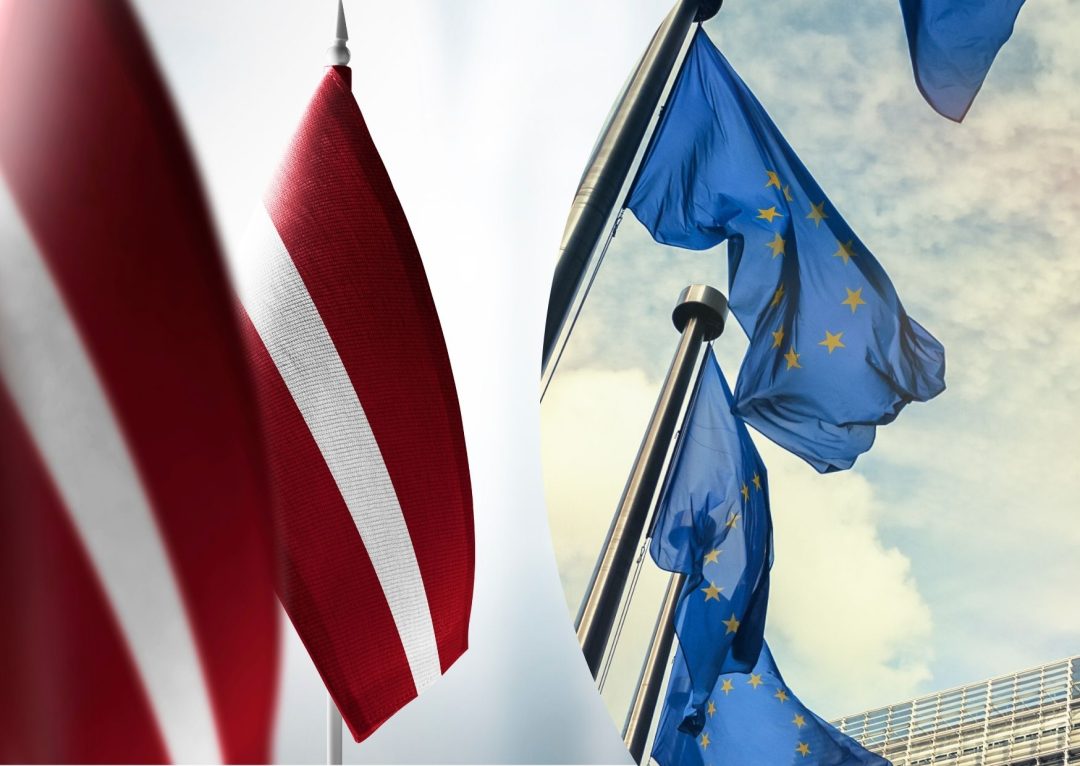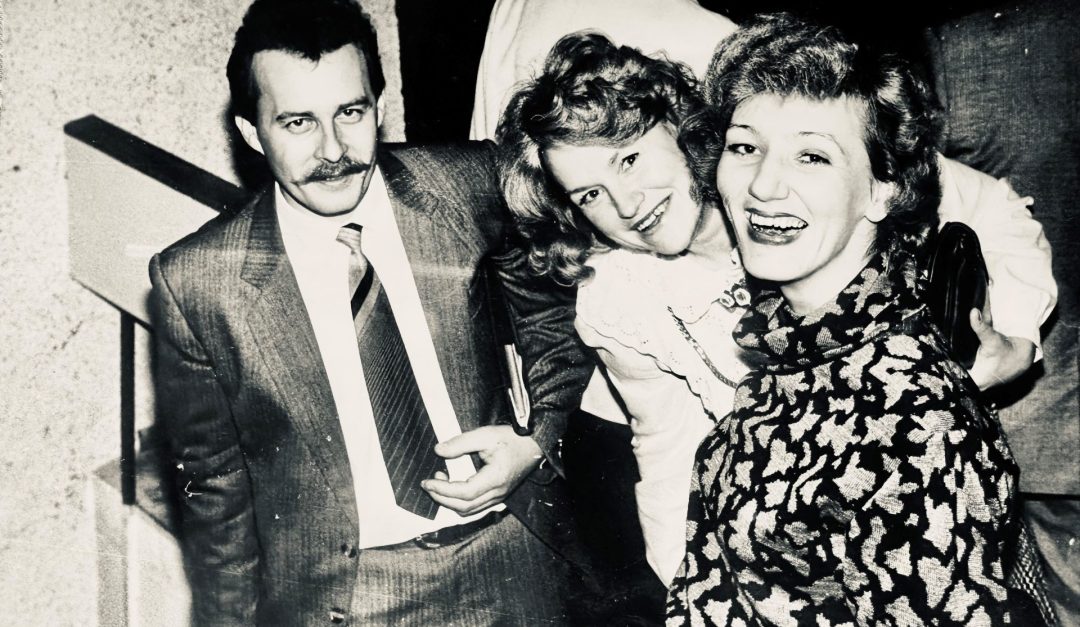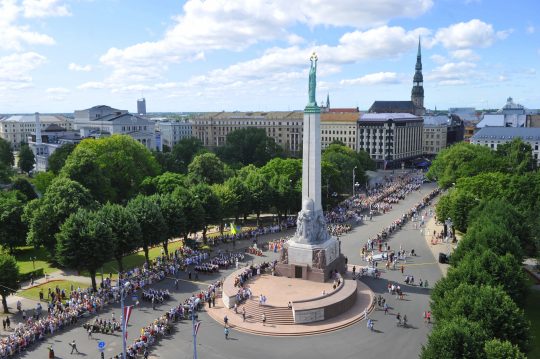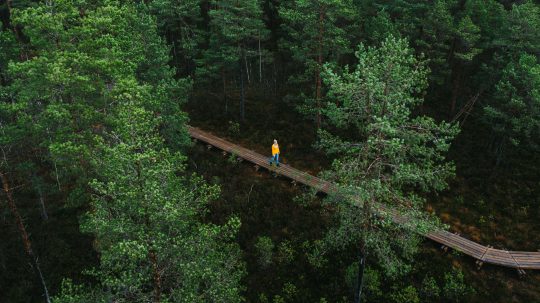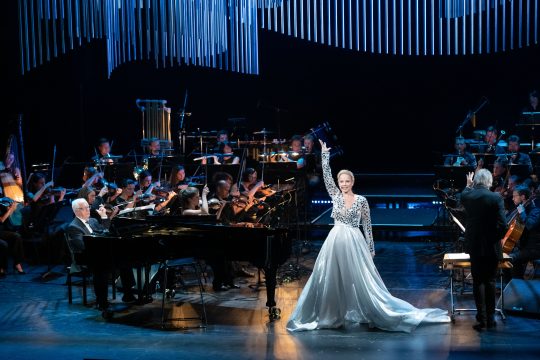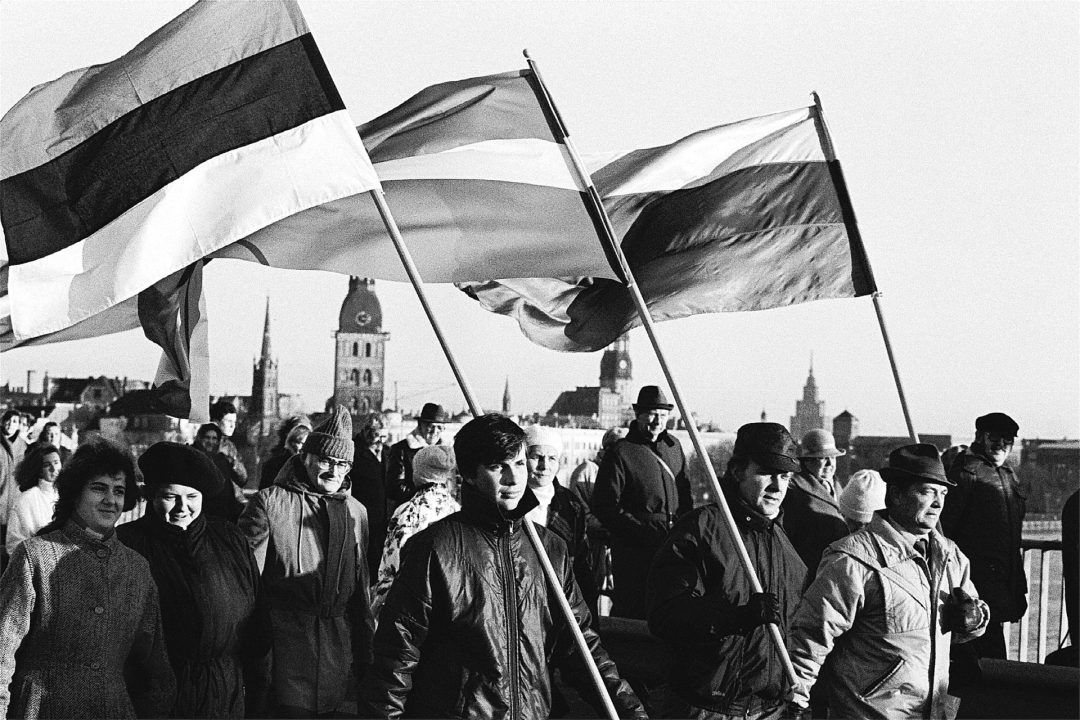
Two decades of prosperous independence followed where Latvians achieved their place among European nations. However, Russia and Germany were back in World War 2 (1940), both occupying Latvia and perpetrating genocides. Latvians never gave up on the notion of independence, with Latvians both inside the country and outside of it continually working towards the dream of freedom. In May 4th, 1990, Latvians declared the restoration of independence and the Soviet Union collapsed soon after.




